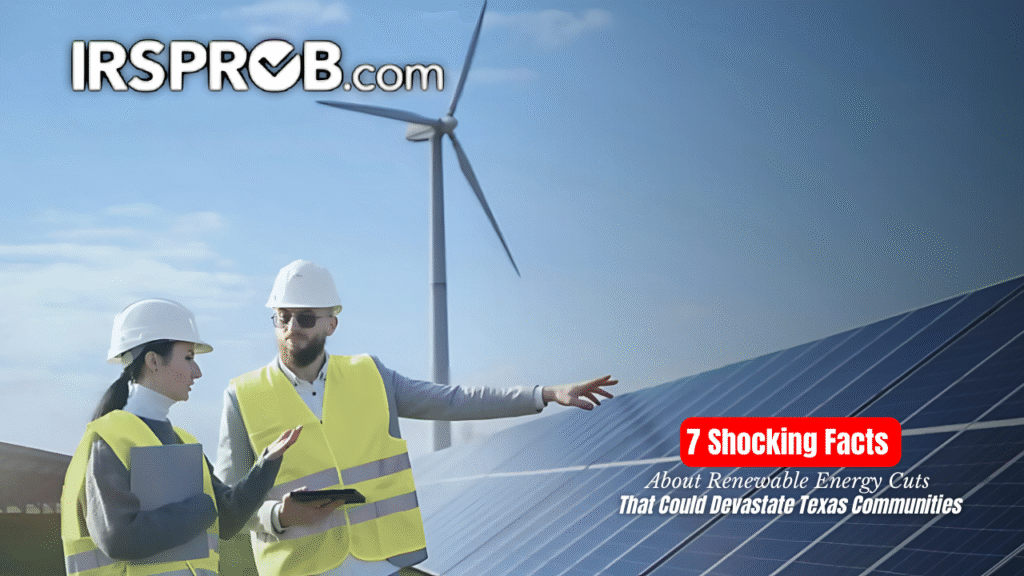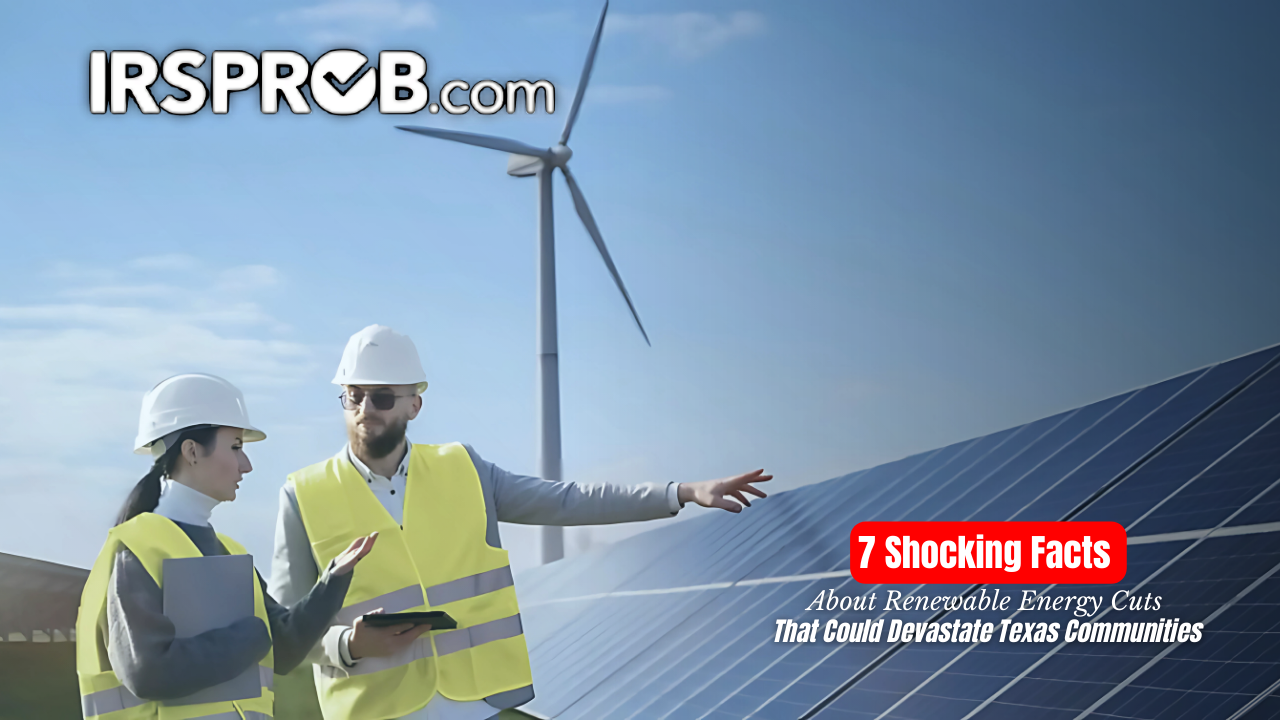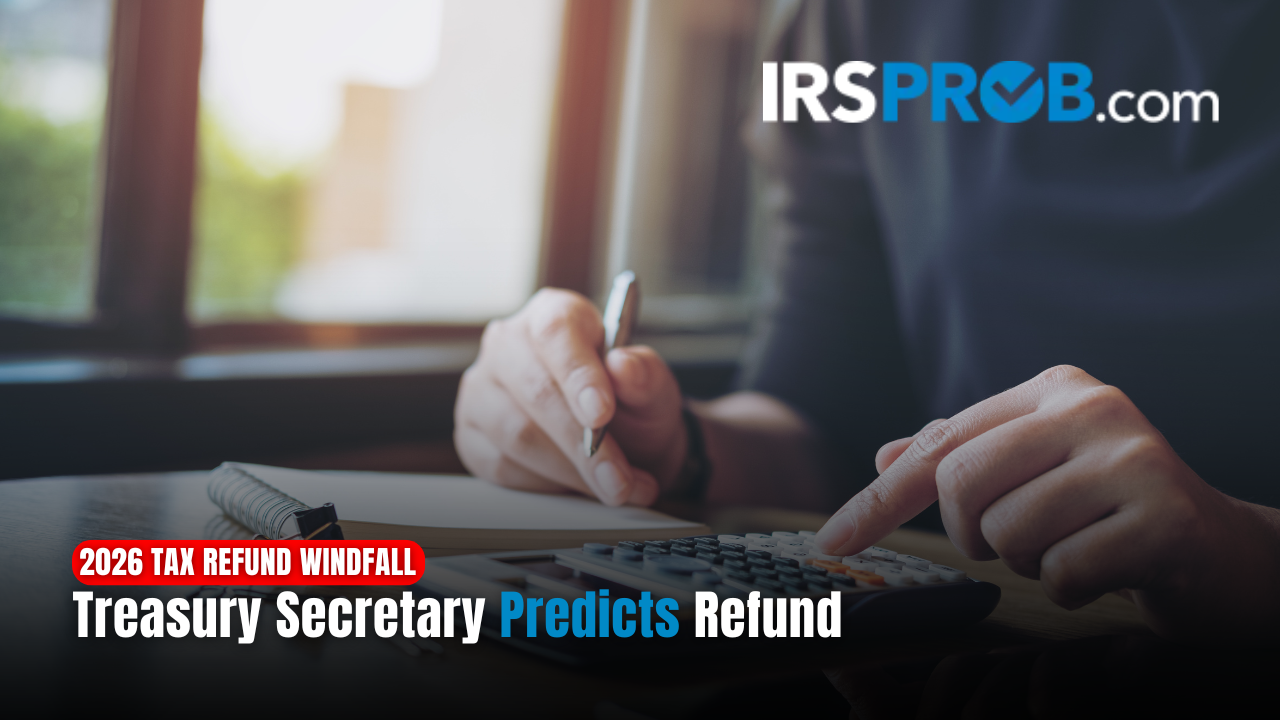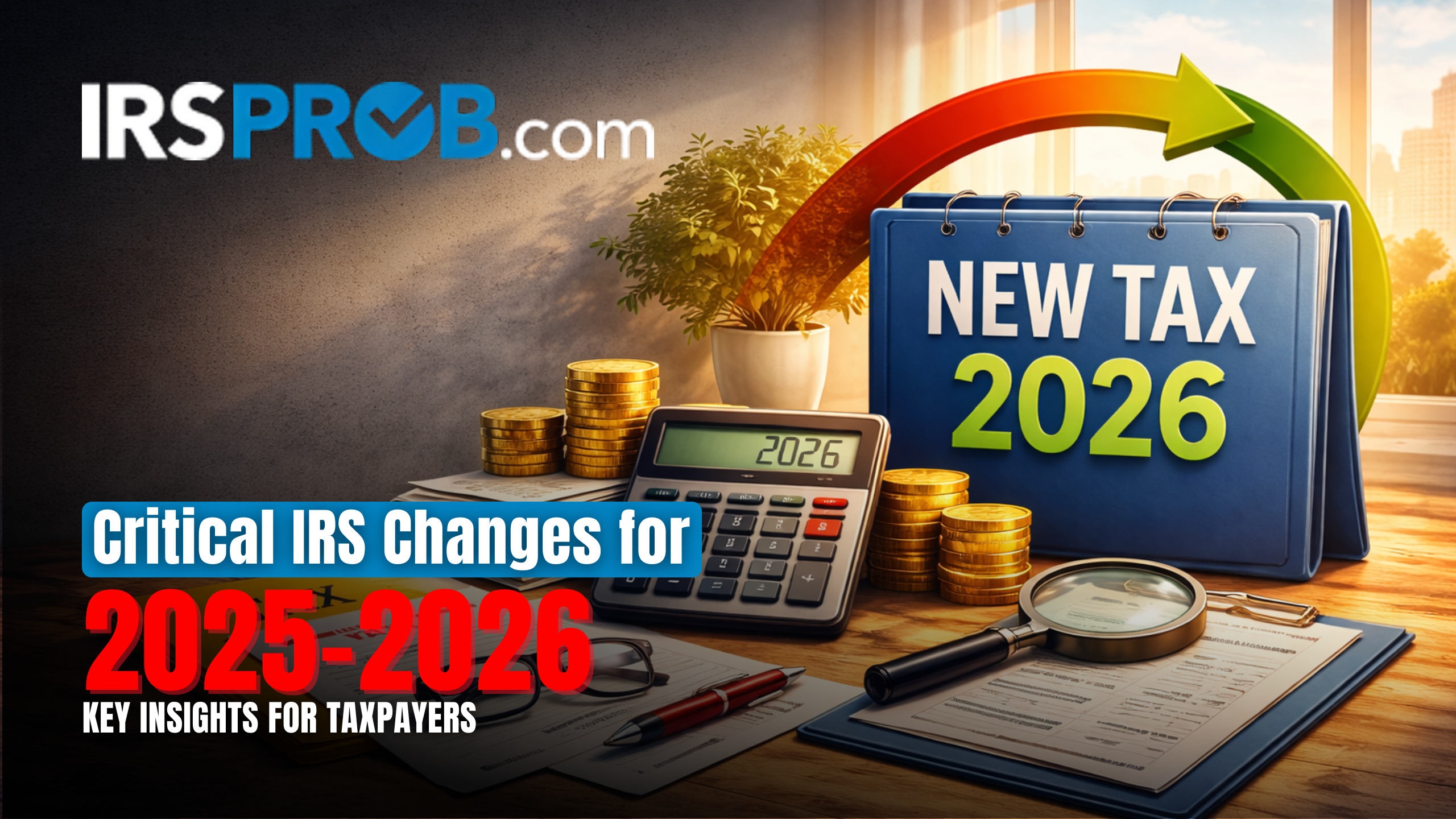
Why “Renewable Energy” Matters Now
The term renewable energy is more than a buzzword. It represents a seismic shift in how nations power their economies while supporting rural growth. In Texas, where wind and solar capacity lead the nation, renewable energy has become a lifeline for small towns struggling to fund schools, hospitals, and law enforcement.
From a policy standpoint, tax credits have made large-scale wind and solar farms feasible. When incentives are rolled back, the result is fewer projects, fewer jobs, and reduced revenue for local communities. This isn’t speculation—it’s history repeating itself, as past rollbacks in other states led to stalled projects and rising energy costs (U.S. Department of Energy).
The Stakes for Rural Texas
Texas Leads the Nation in Renewable Energy
Texas generates more wind power than any other U.S. state, accounting for over a quarter of the nation’s wind capacity (U.S. Energy Information Administration). It also ranks second in solar installations, a position that continues to rise each year. For rural Texans, this leadership translates into jobs, land leases, and billions in tax revenue.Billions in Local Tax Revenue at Risk
A University of Texas analysis by Dr. Joshua Rhodes found that existing renewable projects could generate $12.3 billion in tax revenue, with $9.1 billion already committed through current developments (Planetizen). With OBBB’s shortened tax credit timelines, more than $4.7 billion in future projects could evaporate before they break ground. 👉 Learn more in our Local Impact series, where we track how tax policy directly affects community infrastructure.What the One Big Beautiful Bill (OBBB) Does to Renewables
Shrinking Federal Incentives
The Inflation Reduction Act (IRA) promised stable renewable energy incentives through 2032. The OBBB, however, fast-tracks the expiration date to 2027, demanding that projects start construction by summer 2026 (Congress.gov). Given the long timelines for large solar and wind farms, this sudden deadline could cancel dozens of projects mid-planning.
Regulatory Scrutiny
An executive order signed after the OBBB directs the Department of the Interior to apply new reviews on renewable projects claiming credits. This not only delays projects but also deters investment, creating uncertainty in a sector that thrives on long-term planning (Texas Tribune).
👉 For more on how federal law impacts small businesses, check our Tax Policy 101 guide.
Broader Economic Fallout
Jobs and GDP Losses
A Houston Chronicle report warns Texas could lose 121,600 jobs and nearly $87 billion in GDP by 2034 due to lost renewable projects (Houston Chronicle).
Meanwhile, an Express News study predicts the average Texas household could pay an extra $780 per year on electricity and $420 more on fuel if renewable investments vanish (Express News).
Strain on the Power Grid
Texas’ fragile grid, run by ERCOT, depends heavily on renewable sources for peak demand. Cuts in renewables not only increase costs but also destabilize grid reliability. CPS Energy’s CEO warns that tax credit removals shift costs directly to consumers and risk grid blackouts (Express News).
👉 Related: Read our Energy & Taxes Archive for deeper insights.
Real Consequences for Rural Communities
Education and Schools
For rural schools, renewable projects fund new facilities, textbooks, and technology. Without this revenue, many districts risk budget shortfalls. A single large solar farm can inject tens of millions into a county’s tax base, transforming educational opportunities (Advanced Power Alliance).
Healthcare and Law Enforcement
Hospitals and sheriff’s departments rely on these funds as well. In rural counties with shrinking agricultural tax bases, renewable energy provides critical supplementary funding. Cuts in revenue could lead to understaffed hospitals and reduced emergency services.
Developers Leaving Texas
Industry leaders, such as Stanley Pipkin of Lighthouse Solar, warn that without incentives, companies will pivot to friendlier states or countries. This means not only lost tax revenue but also lost jobs, business activity, and land lease payments (Planetizen).
What You Can Do – and What to Read Next
Stay Informed
- Full legislation on Congress.gov
- Legal insight from Jackson Walker
- Energy industry perspectives from Advanced Power Alliance
Internal Guides from irsprob.com
- Tax Policy 101 – how federal tax law affects families and communities
- Local Impact – stories of small towns affected by policy changes
- Renewable Energy & Taxes – deeper coverage of energy and taxation
Advocate for Your Community
Your voice matters. Share this post, contact your representatives, and push for policies that keep renewable energy investments in Texas.
7 Key Facts About Renewable Energy Cuts in Texas
- Texas is a leader in renewable energy, producing more wind and solar power than any other state, which has transformed rural economies (U.S. Energy Information Administration).
- $12.3 billion in tax revenue is at risk due to cuts in renewable energy tax credits. Future projects could lose $4.7 billion in local tax contributions (Planetizen).
- The One Big Beautiful Bill (OBBB) forces renewable energy projects to begin by 2026 or risk missing out on critical tax incentives (Congress.gov).
- Rural schools depend heavily on renewable energy revenue, which helps fund new facilities and educational resources. Cuts could harm local education systems (Advanced Power Alliance).
- Healthcare and law enforcement in rural areas also rely on renewable energy funds. Without them, communities could face reduced services and understaffing (Planetizen).
- Developers may take their business elsewhere, leaving Texas for states with more favorable renewable energy policies, costing jobs and investment (Planetizen).
- The Texas power grid is vulnerable. Without renewables, grid reliability will decrease, leading to higher energy costs and potential blackouts (Express News).
Final Thoughts
The story of renewable energy in Texas is not just about climate—it’s about dollars, jobs, and opportunities. Rural communities stand to lose billions in tax revenue, tens of thousands of jobs, and essential services if tax credits vanish. At irsprob.com, we’ll continue to provide insights into how tax law impacts not just corporations, but real people in real communities.
👉 Learn more about how tax policies affect you at irsprob.com.







